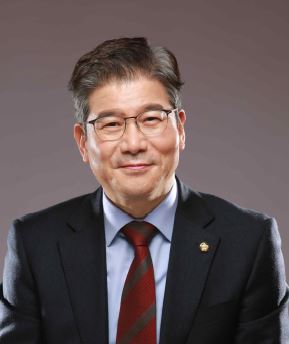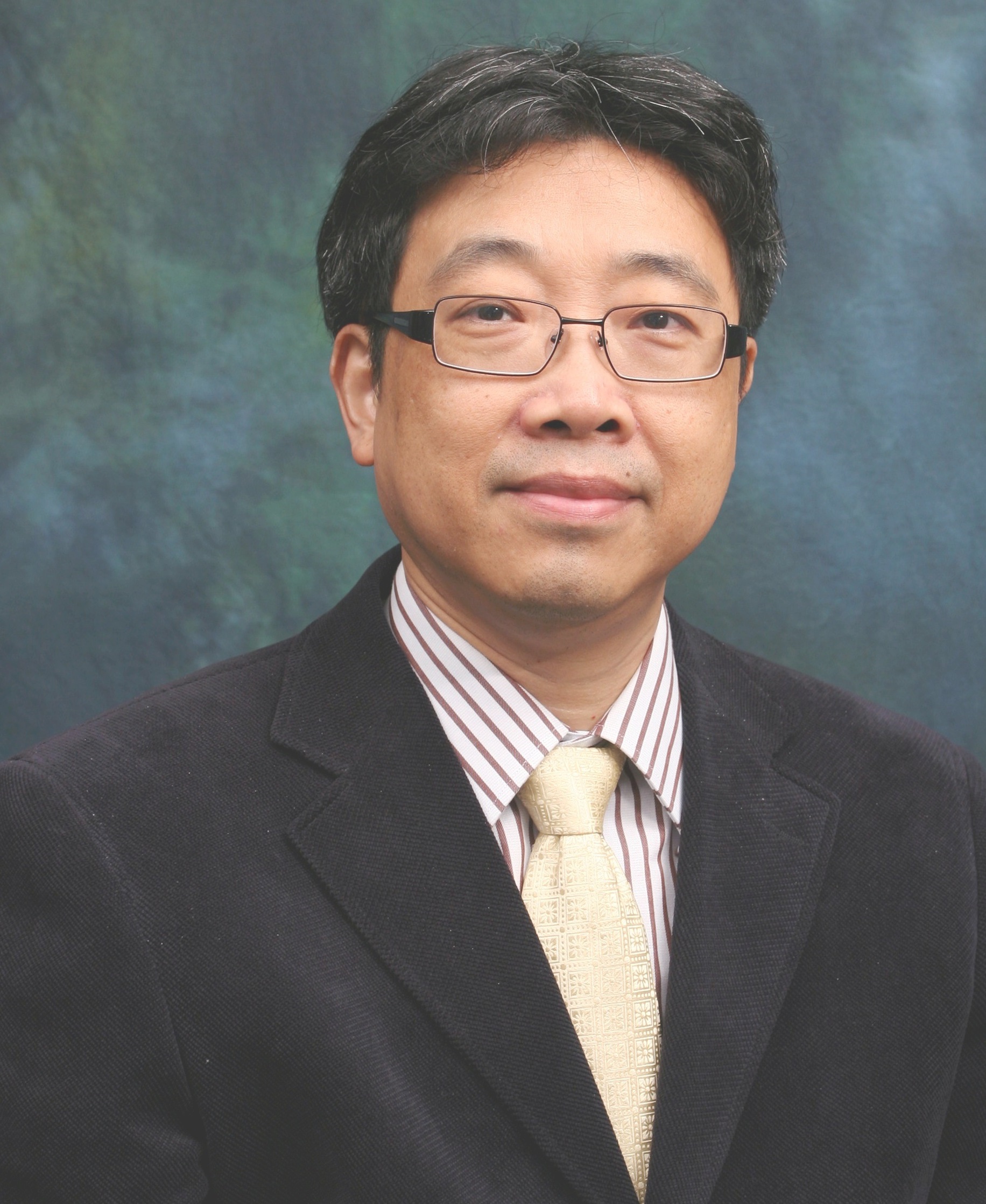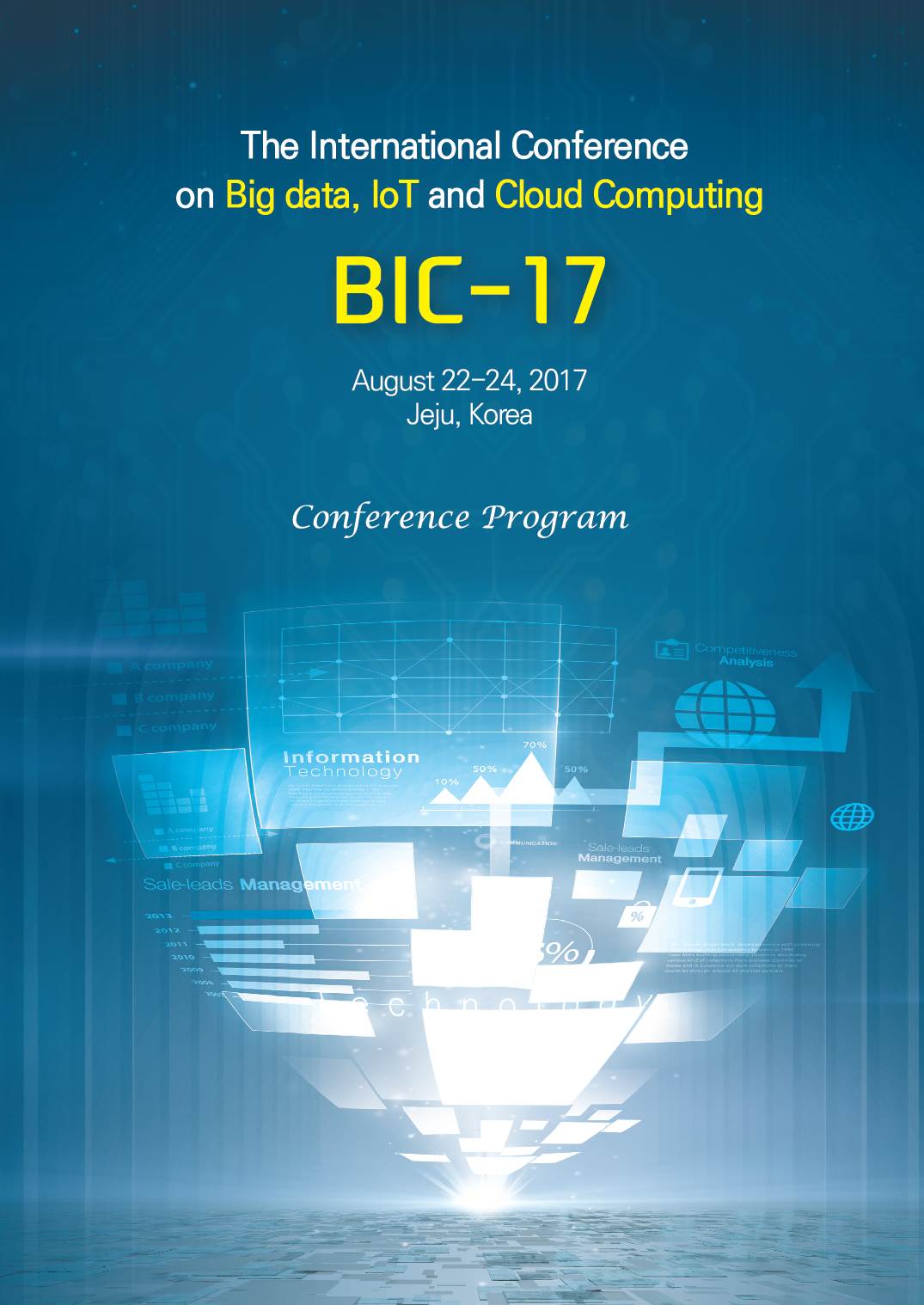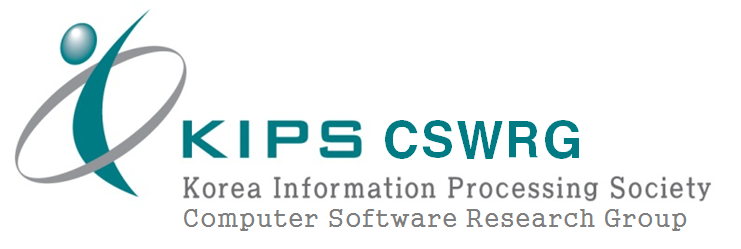 Keynote Speakers
Keynote Speakers

The 4th wave, Smart Society and Convergence Innovation Economy
Seang-Tae Kim Ph.D.
Congressman at the National Assembly of the Republic of Korea
Abstract:
The inappropriate parts of society require a variety of changes to improve and develop society. I must point out the importance of ICT to energize social and economic development. ICT can be the focus point of a convergent economic system and the method for the success of the Korean government. Thus, I want to touch on the issue of innovative strategies and the advantages ICT can provide for Korea. I propose a new government system to enhance Korean economic system convergence. The new system will feature cooperation, openness, creativeness and communication. In order to accomplish a new convergent economic system, the new government body will have to break away from outmoded systems and traditions and adopt a fresh, modern approach.
Biography:
Mr. Seang-Tae Kim is a Congressman at the National Assembly of the Republic of Korea. He is one of the most active lawmakers in the Science, ICT, Future Planning, Broadcasting and Communications Committee where all legislations regarding the ICT sector are discussed and agreed. Information Technology has been a key driving force of economic development in Korea since the early 2000s. After suffering a financial crisis in the late 1990s, Korea improved its economic fundamentals with Information Technology. Companies introduced advanced IT system to enhance efficiency and transparency in business decisions. Government encouraged Telcos' broadband rollout which boosted domestic demand. As a result, Korea was able to successfully recover from financial shock, and turn itself into a the global leader in transition to an information society. In 2005, Mr. Kim met extraordinary opportunity to become a member of ICT Committee of the National Assembly, where he could directly involve in the policy making process for the country's successful transition to an information society. With his expertise and experience in academia and public sector, Mr. Kim was appointed as the president of National Information Society Agency(NIA) in 2008. Under his leadership for five years, NIA played a critical role in establishing national strategies for convergence and innovation, as well as solving problems such as digital divide and privacy issue. After being elected as a congressman in 2016, Mr. Kim continues to make effort, as a lawmaker, to reform the ICT regulation system in Korea. Currently he is developing a new legal foundation, which supports industry growth and maximizes consumer welfare under rapidly changing environment. As a milestone, he recently proposed an amendment to the Telecom Business Law. Mr. Kim pursues human-centric convergence and innovation. He published more than 20 papers and books including "Digital Government", and "Korea's Future Strategy toward Smart Society". He also held various positions in the inte nal organizations including ITU/UNESCO Broadband Commission.
 Keynote Speaker
Keynote Speaker

Data-Driven Analysis of Human Dynamics using Wireless Signals
Jian-Nong Cao, Ph.D.
Chair Professor and Head
Hong Kong Polytechnic University
Hung Hom, Kowloon, Hong Kong
Abstract:
Human dynamics refer to movement and interactions of large crowd. Analysis of human dynamics is important for both social science and computer science. It enables a wide range of applications in many areas like marketing, management, and sociology. For example, understanding customers' shopping behaviors is vital for retailers to adapt their marketing strategies. However, studying human dynamics requires massive data, which is non-trivial to collect. Previous research mainly focuses on phone call records collected by network operators to study coarse-grained human activities. Nowadays, Wi-Fi-enabled smartphones are increasingly ubiquitous throughout the world and open up a great opportunity to collect massive human activity data in an effective and efficient way. On the other hand, however, it also raises new challenges due to vulnerability and sparsity of wireless signal. Besides, how to extract effective features from Wi-Fi packets still remains an open challenge. In this talk, I will introduce recent advances in human dynamics and then discuss opportunities and challenges followed by future research directions. I will also describe our recent work on analysis of human dynamics using Wi-Fi.
Biography:
Dr. Cao is currently a chair professor and head of the Department of Computing at Hong Kong Polytechnic University, Hung Hom, Hong Kong. His research interests include parallel and distributed computing, wireless networks and mobile computing, big data and cloud computing, pervasive computing, and fault tolerant computing. He has co-authored 3 books, co-edited 9 books, and published over 300 papers in major international journals and conference proceedings. He is a fellow of IEEE, a senior member of China Computer Federation, and a member of ACM. He was the Chair of the Technical Committee on Distributed Computing of IEEE Computer Society from 2012 - 2014. Dr. Cao has served as an associate editor and a member of the editorial boards of many international journals, including ACM Transactions on Sensor Networks, IEEE Transactions on Computers, IEEE Transactions on Parallel and Distributed Systems, IEEE Networks, Pervasive and Mobile Computing Journal, and Peer-to-Peer Networking and Applications. He has also served as a chair and member of organizing / program committees for many international conferences, including PERCOM, INFOCOM, ICDCS, IPDPS, ICPP, RTSS, DSN, ICNP, SRDS, MASS, PRDC, ICC, GLOBECOM, and WCNC. Dr. Cao received the BSc degree in computer science from Nanjing University, Nanjing, China, and the MSc and the Ph.D degrees in computer science from Washington State University, Pullman, WA, USA.


